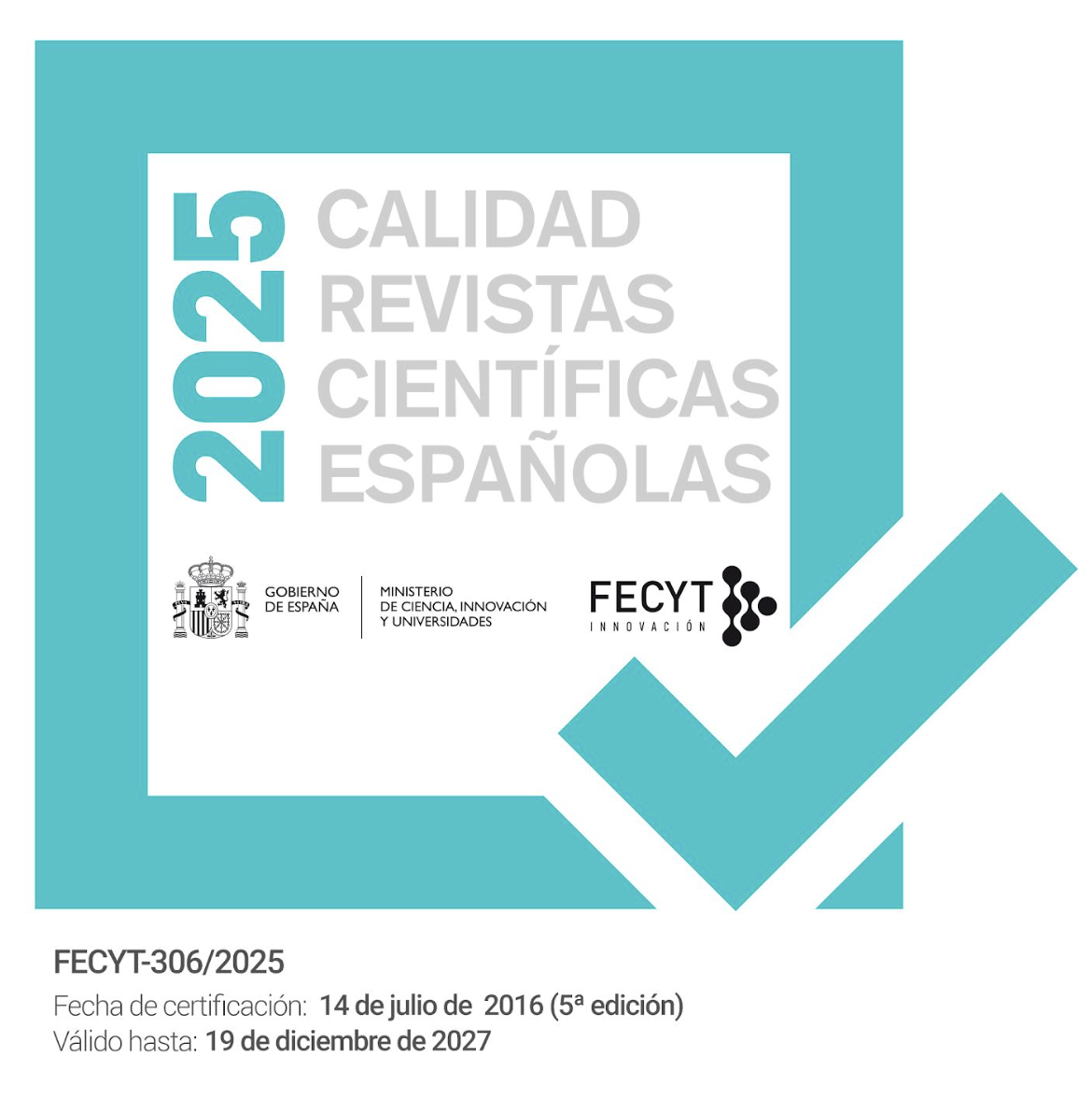Is there a model for symbolic revolution? Bourdieu’s theory in Manet and a comparison with a case study: the Generation of 1914 in Spain
DOI:
https://doi.org/10.22325/fes/res.2022.139Keywords:
Symbolic revolution, Social Philosophy, Sociology of Philosophy, Political Philosophy, Bourdieu, Generation of 14Abstract
The courses that Bourdieu dedicates to Manet help to better understand the link between cultural production, political position and social trajectory. Nevertheless, Bourdieu does not always fully clarify his position. In this article, first we will clarify what Bourdieu considers to be a model for symbolic revolutions. To do so, Manet's courses are revisited and their links with Bourdieu’s work in general and, more specifically, with his sociology of philosophy are made explicit. After that, we will examine Bourdieu's assertions about scholasticism or academicism in the sociology of culture, its importance in symbolic revolutions, and how his proposal encourages a specific view on the history of cultural productions, especially the philosophical ones. Then, Bourdieu's model of symbolic revolution will be tested by comparing it with a study with statistical treatment of data in a different and significant historical context: the Generation of ‘14 in Spain. Finally, we will propose some nuances and developments to Bourdieu's model based on the conclusions of that study.
References
Bourdieu P. (1993). Esprits d'État. Actes de la recherche en sciences sociales, (96-97), 49-62.
Bourdieu P. (2003). Méditations pascaliennes. Seuil.
Bourdieu, P. (1971a). Genèse et structure du champ religieux. Revue française de sociologie, 12(3), 295-334.
Bourdieu, P. (1971b). Le marché des biens symboliques. L'Année sociologique, 22, 49-126.
Bourdieu, P. (1977a). Sur le pouvoir symbolique. Annales. Economies, sociétés, civilisations, 32(3), 405-411.
Bourdieu, P. (1977b). La production de la croyance. Actes de la recherche en sciences sociales, 13, 3-43.
Bourdieu, P. (1980). Le sens pratique. Minuit.
Bourdieu, P. (1984). Homo academicus. Minuit.
Bourdieu, P. (1988). L'ontologie politique de Martin Heidegger. Minuit.
Bourdieu, P. (1998). Les règles de l’art. Genèse et structure du champ littéraire. Seuil.
Bourdieu, P. (2001). Bref impromptu sur Beethoven, artiste entrepreneur. Sociétés et représentations, 11(1), 13-18.
Bourdieu, P. (2012). Sur l’État. Cours au Collège de France 1989-1992. Seuil et Raisons d’agir.
Bourdieu, P. (2013). Manet. Une révolution symbolique. Seuil.
Bourdieu, P. (2017). Anthropologie économique. Cours au Collège de France 1992-1993. Seuil et Raisons d’agir.
Bourdieu. P. (2016). Sociologie générale. Volume 2. Cours au Collège de France, 1983-1986. Seuil et Raisons d’agir.
Cabrera, M. (1994). La industria, la prensa y la política. Nicolás María de Urgoiti (1869-1951). Alianza Editorial.
Charle, C. (2006). Les élites de la République (1880-1900). Fayard.
Charle, C. (2013). Opus infinitum. Genèse et structure d’une oeuvre sans fin. In P. Bourdieu, Manet. Une révolution symbolique. Seuil.
Collins, R. (2009). The Sociology of Philosophies. A Global Theory of Intellectual Change. Harvard University Press.
Costa Delgado, J. (2019). La educación política de las masas. Capital cultural y clases sociales. Siglo XXI.
Elias, N. (1989). El proceso de civilización. Investigaciones sociogenéticas y psicogenéticas (Trans. R. García Cotarelo). Siglo XXI.
Fowler, B. (2020). Pierre Bourdieu on social transformation, with particular reference to political and symbolic revolutions. Theory and Society, 49, 439-463.
Martínez Neira, M. (2014). La regulación de las oposiciones a cátedras universitarias: 1845-1931. Universidad Carlos III de Madrid.
Mauger, G. (2015). Âges et générations. La Découverte.
Moreno Pestaña, J.L. (2013). La norma de la filosofía. La configuración del patrón filosófico español tras la Guerra Civil. Biblioteca Nueva.
Moreno Pestaña, J.L. (2016). Ortega, el pasado y el presente de la escolástica universitaria. Isegoría. Revista de Filosofía Moral y Política, (52), 67-89. https://doi.org/10.3989/isegoria.2015.052.03
Niño, A. (2013). La reforma de la Facultad de Filosofía y Letras y sus referentes internacionales. In E. González Calleja y A. Ribagorda (Eds.), La Universidad Central durante la Segunda República. Las ciencias humanas y sociales y la vida universitaria (1931-1939). Universidad Carlos III de Madrid.
Ortega y Gasset, J. (2009). Obras completas. Tomo IX. Fundación Ortega y Gasset/Taurus.
Pinto, L. (2007). La vocation et le métier de philosophe. Seuil.
Sapiro, G. (2016). Bourdieu's Sociology of Culture: On the Economy of Symbolic Goods. In D. Inglis & A.-M. Almila (Eds.), The SAGE Handbook of Cultural Sociology. Sage.
Published
How to Cite
Issue
Section
License
Copyright (c) 2022 José Luis Moreno Pestaña

This work is licensed under a Creative Commons Attribution-NonCommercial 4.0 International License.
• The transfer of the copyright of the article to Revista Española de Sociología.
• The assignment to the Revista Española de Sociología of the rights of commercial exploitation of the article to third parties both in the offset and digital formats, as well as to the search engines and platforms that may serve as intermediaries for the sale or knowledge of the article.




